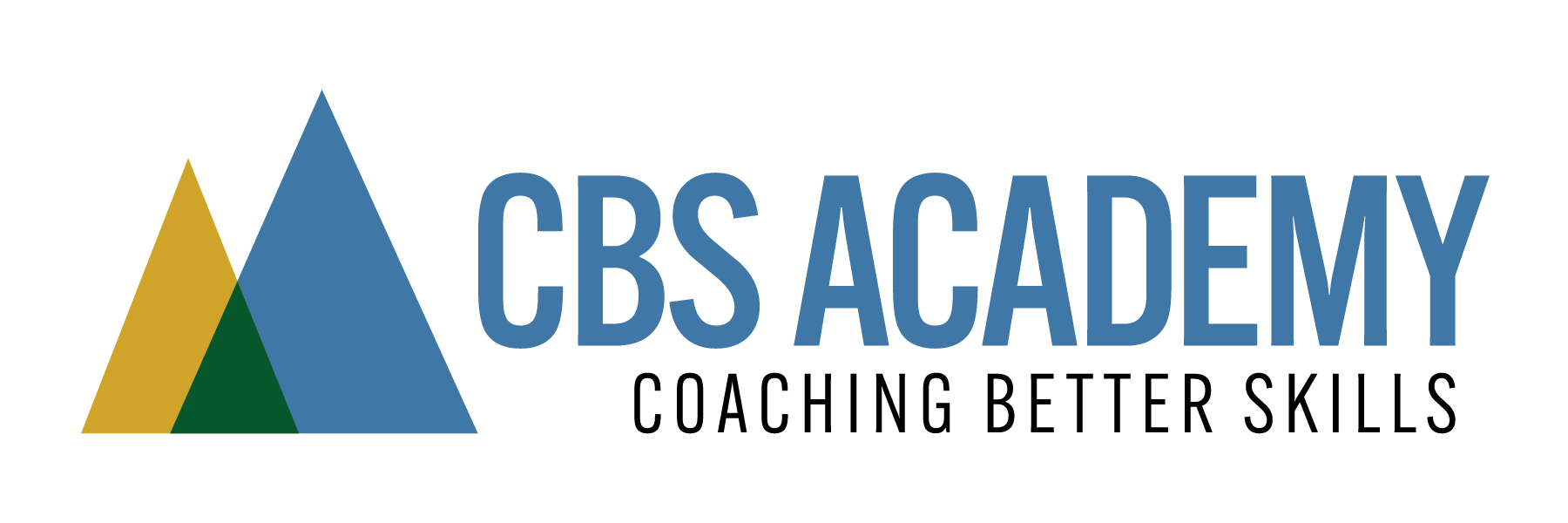Coaching someone’s skills involves guiding and training them towards improving a specific ability or competency. This can be done through various techniques such as observation, feedback, and experiential learning. In contrast, using a script involves providing an individual with a pre-determined set of instructions to follow without necessarily allowing for personal growth and development.
While scripts can be useful in certain contexts, such as advising of disclosures or specific verbiage that is required due to laws or policies, they can also limit an individual’s ability to think critically and creatively. They also do not allow for customization or tailoring of communication to suit different situations or audiences. On the other hand, coaching allows for individualized development and fosters a deeper understanding of the underlying principles and strategies of the skill being taught.
Write your awesome label here.
While scripts can be
useful in certain contexts, such as advising of disclosures or specific
verbiage that is required due to laws or policies, they can also limit an
individual’s ability to think critically and creatively. They also do not allow
for customization or tailoring of communication to suit different situations or
audiences. On the other hand, coaching allows for individualized development
and fosters a deeper understanding of the underlying principles and strategies
of the skill being taught.
Coaching also provides an opportunity for dialogue and collaboration between the coach and the individual being trained. This back-and-forth communication allows for the coach to provide specific and targeted feedback, and the individual to ask questions and seek clarification. By doing so, the individual is actively involved in their own learning process, leading to greater investment and ownership over their development.
Furthermore, coaching encourages self-reflection and continuous improvement. By constantly seeking feedback and evaluating one's own performance, an individual is more likely to identify areas for growth and take action to improve. This mindset fosters a culture of continuous learning and growth, leading to long-term success.
In conclusion, while using a script can be beneficial in certain situations, such as when consistency is necessary, coaching someone’s skills is a more effective approach for personal growth and development. It allows for individualization, collaboration, and self-reflection, which are vital components in fostering a mindset of continuous improvement.
Coaching also provides an opportunity for dialogue and collaboration between the coach and the individual being trained. This back-and-forth communication allows for the coach to provide specific and targeted feedback, and the individual to ask questions and seek clarification. By doing so, the individual is actively involved in their own learning process, leading to greater investment and ownership over their development.
Furthermore, coaching encourages self-reflection and continuous improvement. By constantly seeking feedback and evaluating one's own performance, an individual is more likely to identify areas for growth and take action to improve. This mindset fosters a culture of continuous learning and growth, leading to long-term success.
In conclusion, while using a script can be beneficial in certain situations, such as when consistency is necessary, coaching someone’s skills is a more effective approach for personal growth and development. It allows for individualization, collaboration, and self-reflection, which are vital components in fostering a mindset of continuous improvement.
